Projects we delivered
Explore projects where we helped healthcare software vendors improve system performance, meet regulatory requirements, and bring products to market faster.
We work with healthcare software vendors, public institutions, and clinical experts on projects that require a deep understanding of medical workflows.
Our experience includes building commercial systems, supporting national e-health platforms, and developing digital health products end to end.
Who we are?
NubiSoft is a technology partner for healthcare companies
While the company was founded in 2018, our team brings over 20 years of intensive work on healthcare IT projects, as well as e-commerce development for clients worldwide.
Today, we support mainly European technology companies in building and extending their digital products. We step into projects that require deep healthcare domain knowledge, and practical experience with medical standards and interoperability.
Case Studies
Docplanner Group x NubiSoft
We integrated one of Europe’s largest medical appointment platforms with Polish national e-health services:
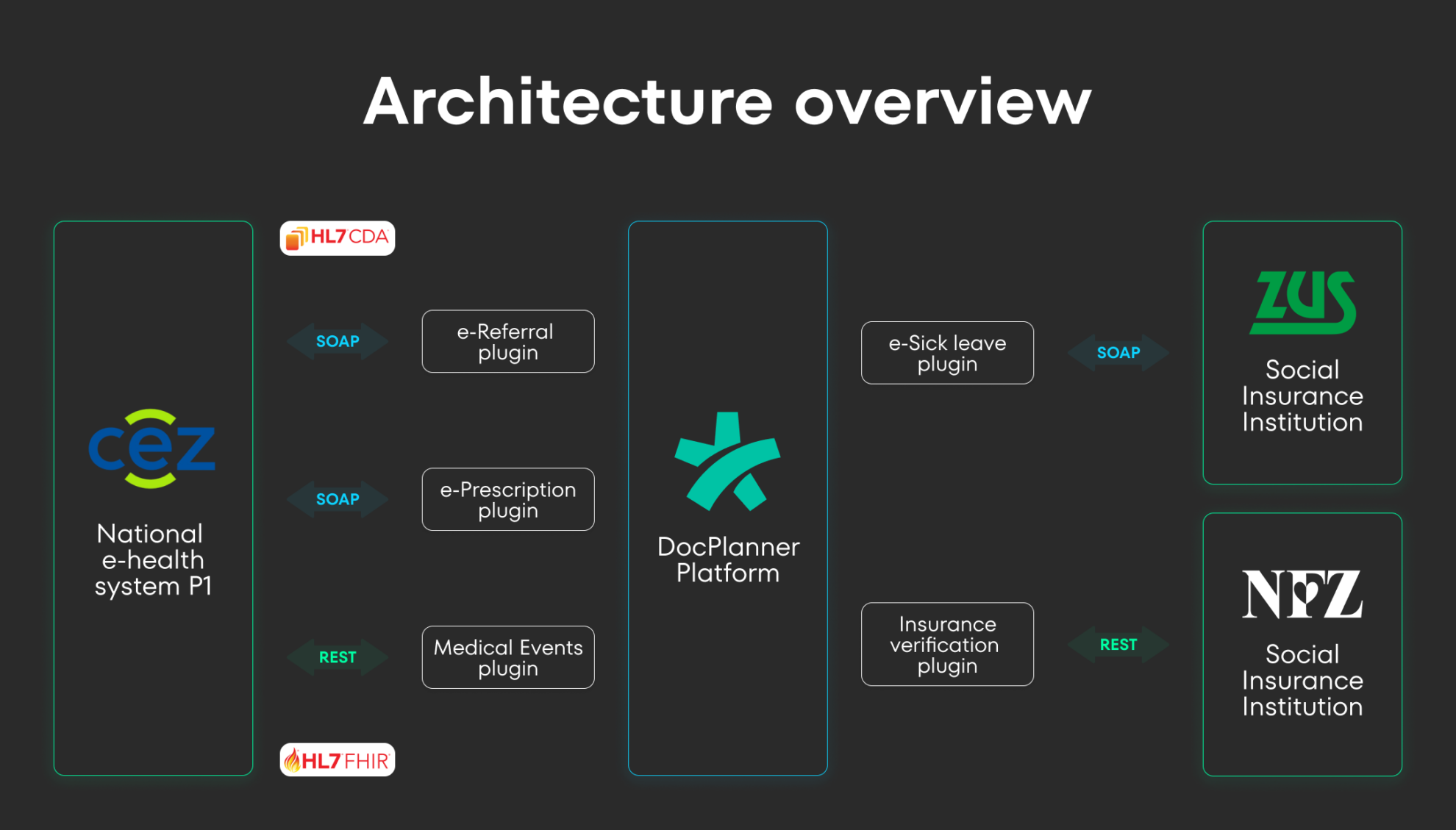
As part of the cooperation, we migrated Ataxe Web to a web architecture and connected it to Germany’s e-prescription service within the Telematics Infrastructure.
Case study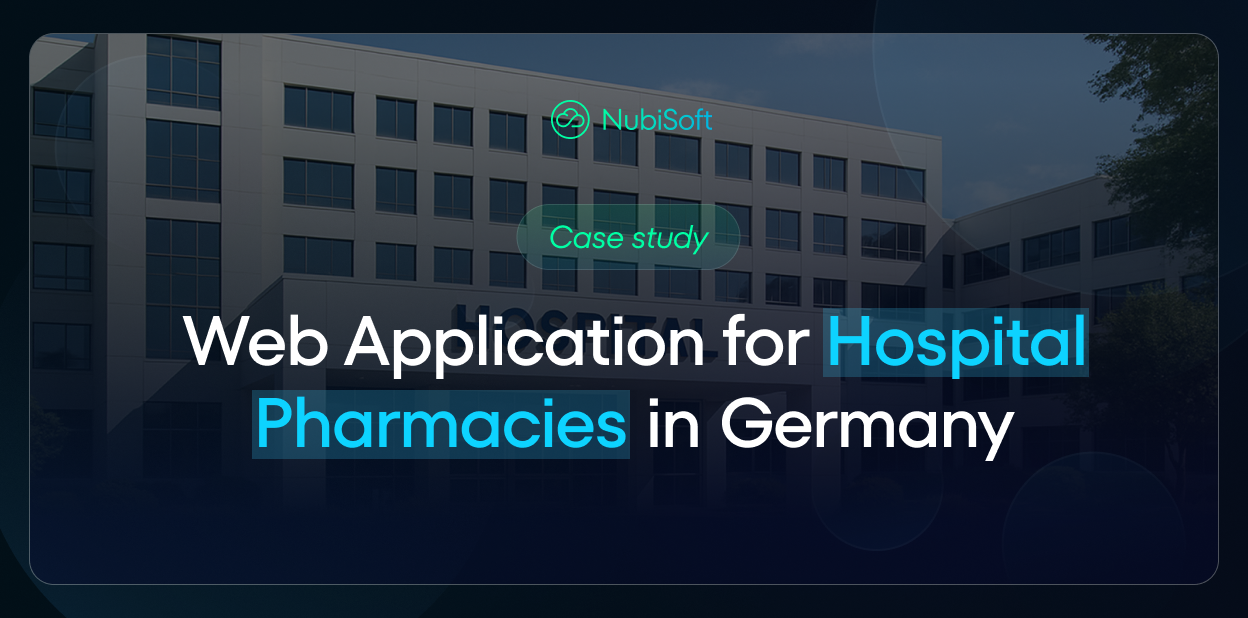
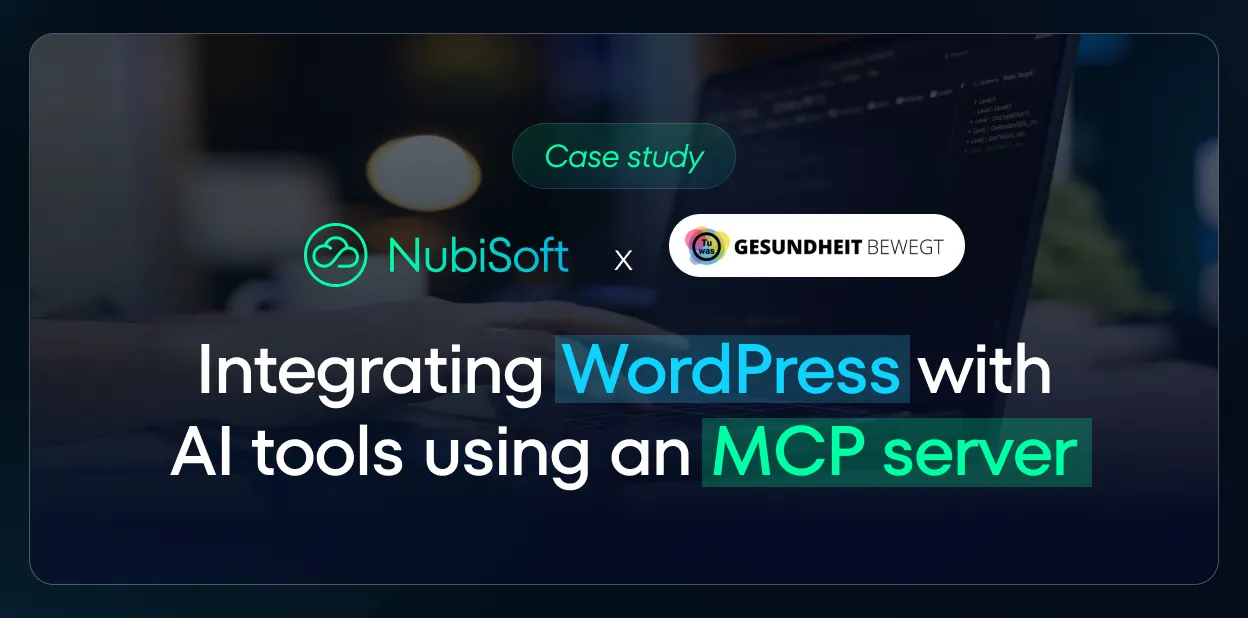
Integrating WordPress with AI tools using an MCP server
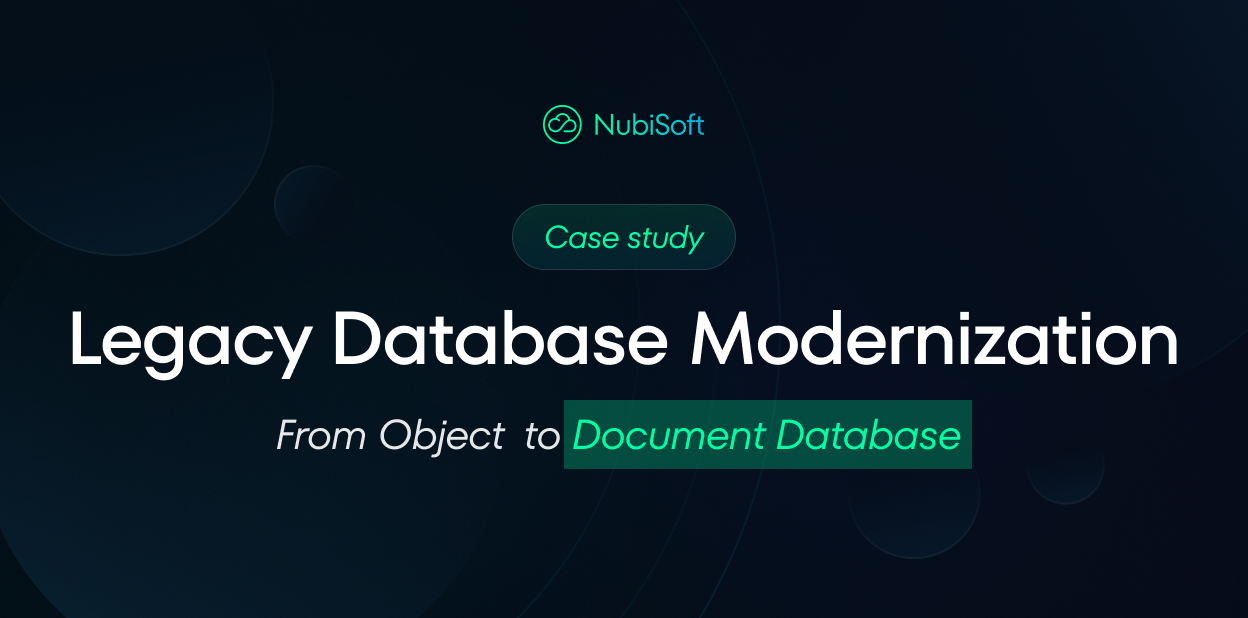
Migrating a Legacy Object Database to a Document Architecture
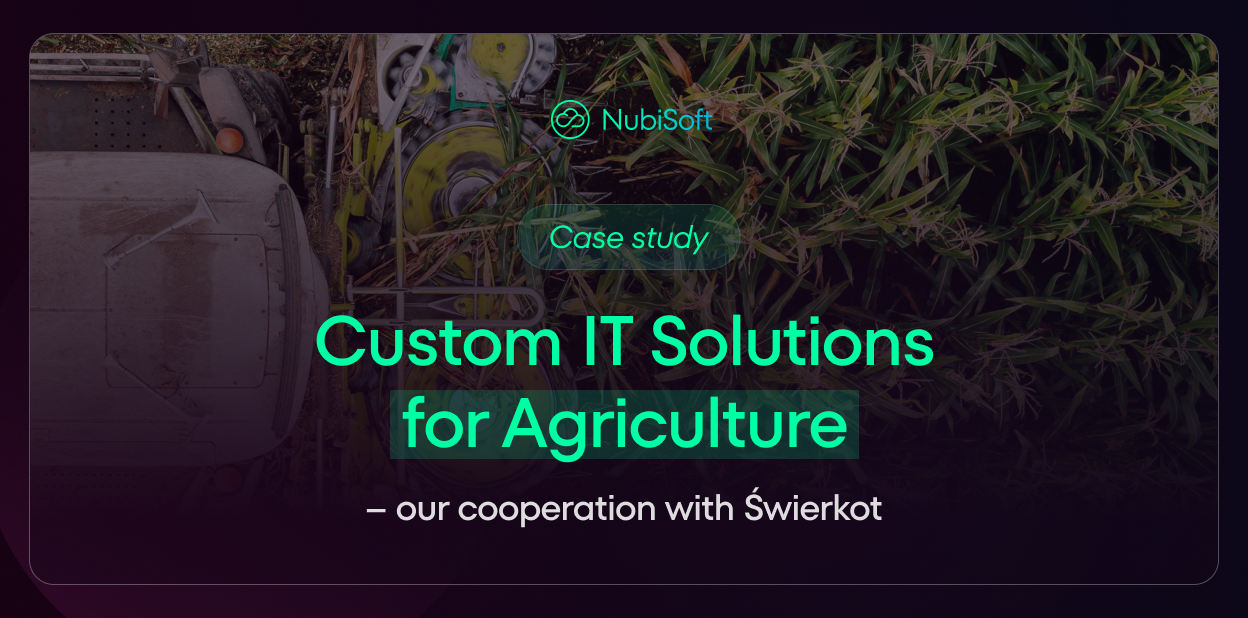
Custom IT Solutions for Agriculture – case study

Ataxe Web by Mesalvo – Web Application for Hospital Pharmacies in Germany
Order Tracking Application Integrated with Shopify
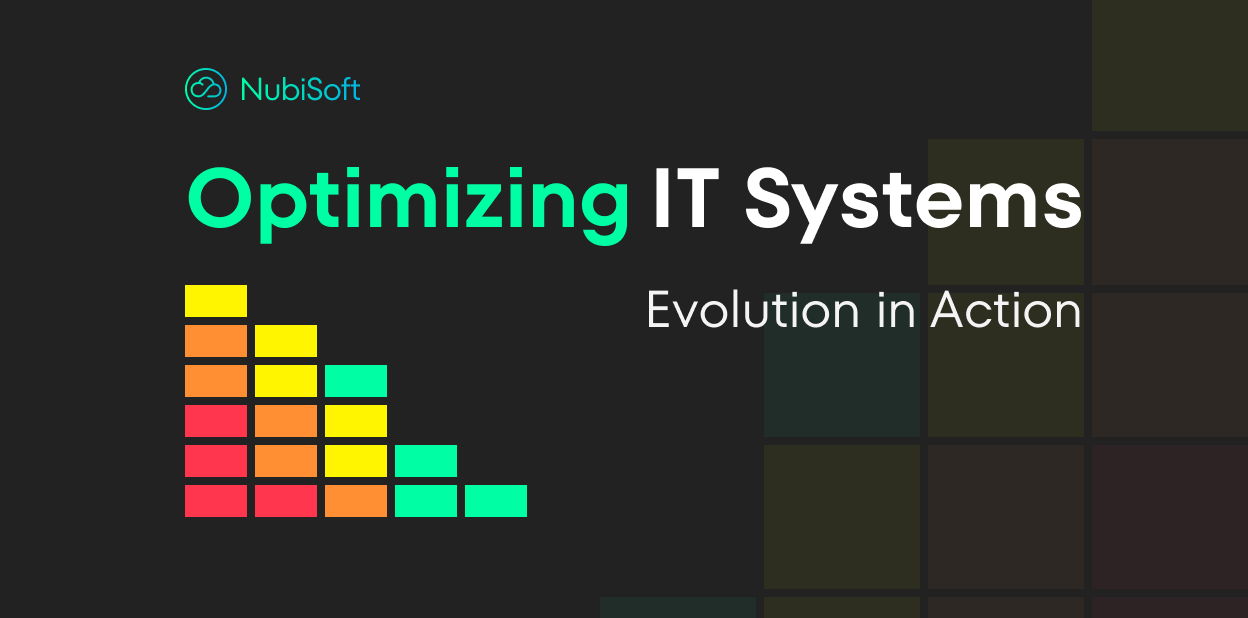
10x Faster SERP after moving to reactive approach
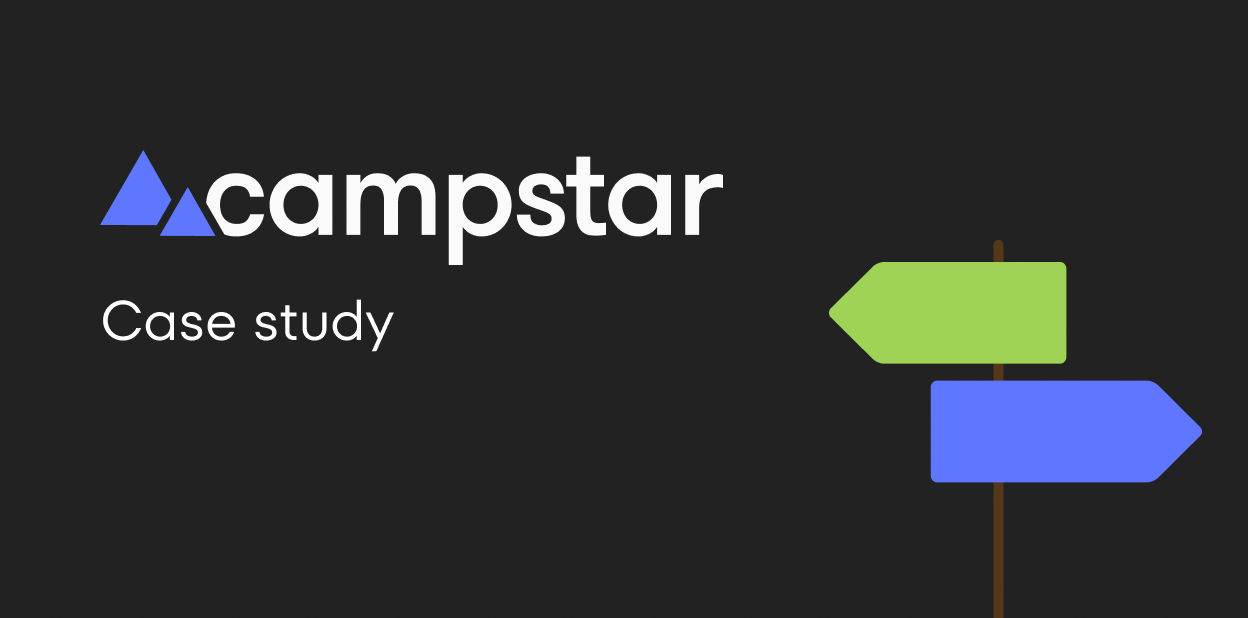
Campstar: The Travel Startup Powered by NubiSoft
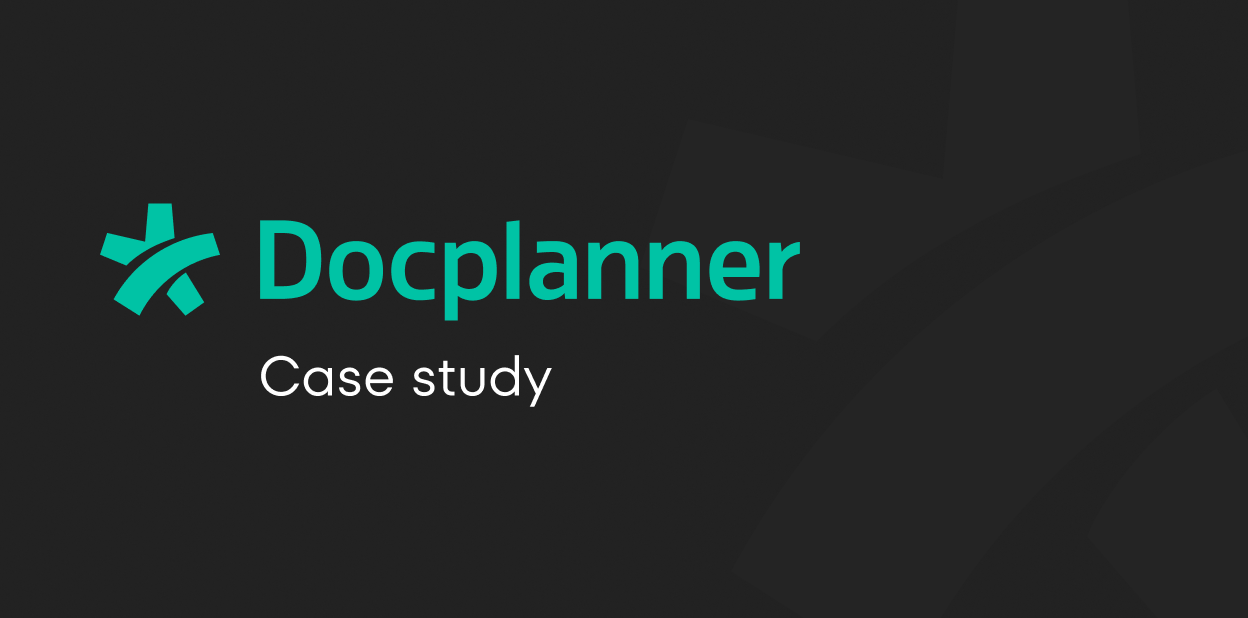
NubiSoft’s Role in Advancing Health E-Services

4 Challenges for software vendors while implementing e-prescription in Germany
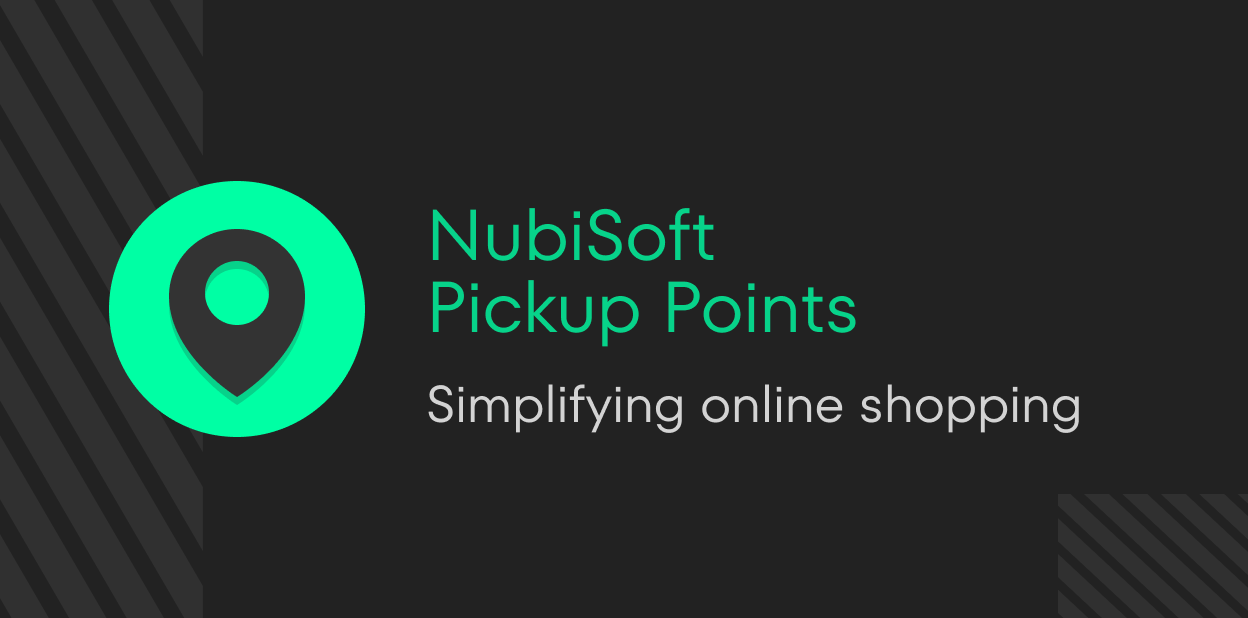
NubiSoft Pickup Points Shopify Plugin
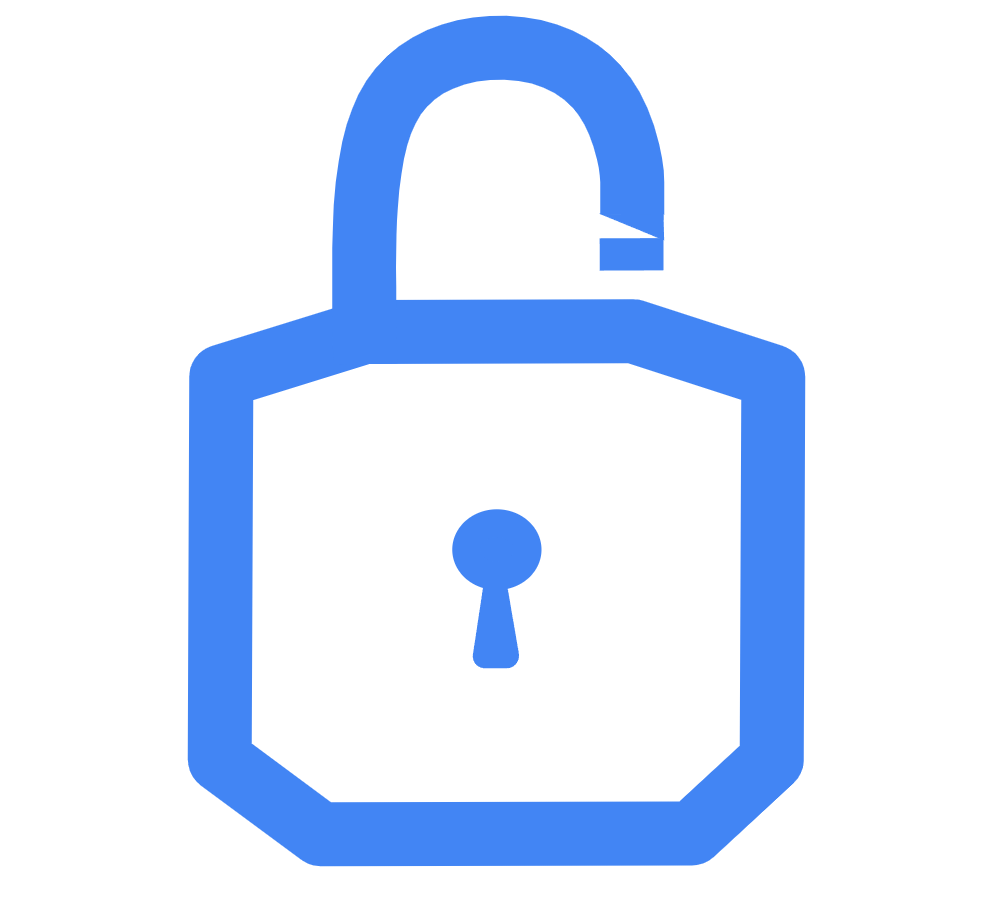
Caddy Security integration with a GraphQL backend

NubiSoft Is Transforming the Software Development Game for SMEs
Let’s talk
If you have questions or plan a new project, we can review your team’s challenges and outline a practical way forward.

Business Development Manager
Michał Chojnacki
FAQ’s
NubiSoft is a software company specialized in healthcare IT: integrations with P1 e-services, modernization and extension of systems, standardization (HL7 FHIR, CDA, IHE, SNOMED CT, DICOM), AI implementations, and product localization for the DACH markets.
Most often, we work in a project model – we take responsibility for a clearly defined scope and deliver end-to-end: analysis, implementation, testing, deployment, and support/SLA. We also offer team extension: our engineers join the client’s team, work in the client’s delivery process, and share domain knowledge. A hybrid model (project + team extension) is also possible, as well as fixed-price for a precise scope or T&M for iterative development.
Our core stack is TypeScript/JavaScript (Front-end: Angular, React, Vue; Back-end: Node.js), Python, and Java – from UI through backend services and integrations. We also work with PostgreSQL, MongoDB, Redis, and Oracle, as well as Docker/Kubernetes and Azure/AWS, tailoring the stack to the client’s requirements and ecosystem.
We implement RAG, speech-to-text, and OCR, and offer white-label modules (Medical Documentation Assistant, Drug Interaction Assistant) in the cloud or on-premise. We provide MLOps, data control, encryption, access control, and full auditability in line with security requirements and GDPR.
We align on the problem and the business/technical context: goals, requirements, constraints (e.g., national e-health regulations and certification paths), timelines, current architecture/APIs, integrations, data flows, and security. Based on that, you get 1–2 delivery paths (e.g., a fast PoC/MVP and a full implementation) with an initial scope, key risks, a high-level timeline, and clear next steps.